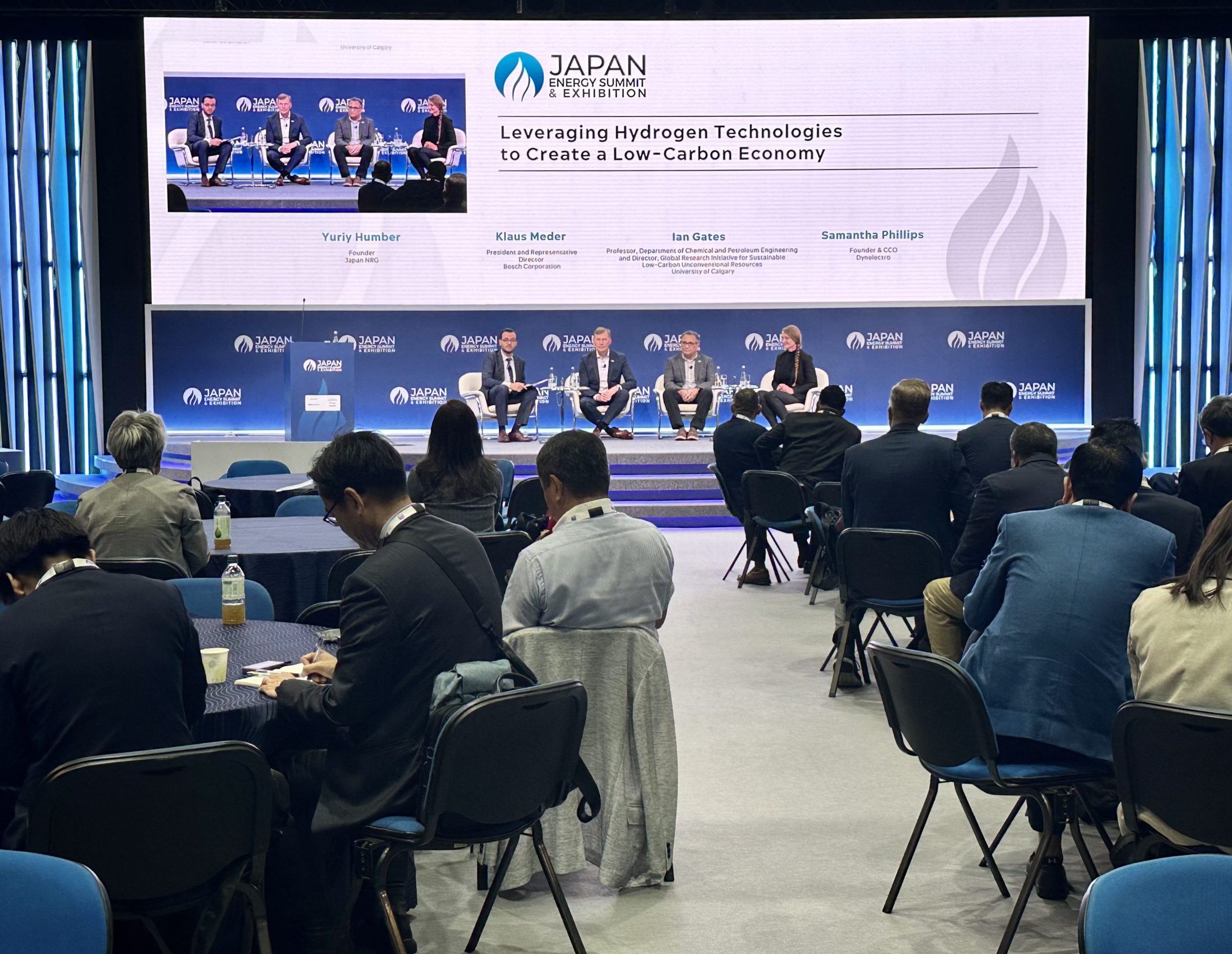Until recently, one of the top tenets of decarbonization was that moving away from fossil fuels will require a shift from energy systems based on molecules to those structured around electrons. Electrification would clean-up our cars, furnaces, and devices, while generation that doesn’t require fuels (such as solar and wind) would supply power that’s cheaper and less prone to energy security risks.
Last week, most state and business officials gathered in Tokyo for the Japan Energy Summit & Exhibition refuted this idea.
Electrons will no doubt occupy a more dominant role in our energy systems, but until we are able to generate and store them at will without the use of fuels, and independent of weather conditions, countries will need the power of the molecule, suggested a chorus of executives from Japan and overseas. In addition to the well-worn arguments about “cost,” the speakers frequently turned to the words “balance” or “balancing.”
The mood at the summit was similar to one of many recent events in Japan, where on-stage and private discussions centered on what the participants deemed achievable or likely, rather than aspirational. Renewables were universally backed, but not to the exclusion of technologies promising clean gas and liquid solutions.
As Indonesia’s deputy ministry for infrastructure and transportation, H.E. Rachmat Kaimuddin, said when asked why his country had cut its 2030 renewables target this January: “This is the number that we see today…. We aligned it to reality.”
(NOTE: Japan NRG is aware that electrons are sub-particles of an atom and that groups of atoms then make up a molecule. But, bear with us.)

